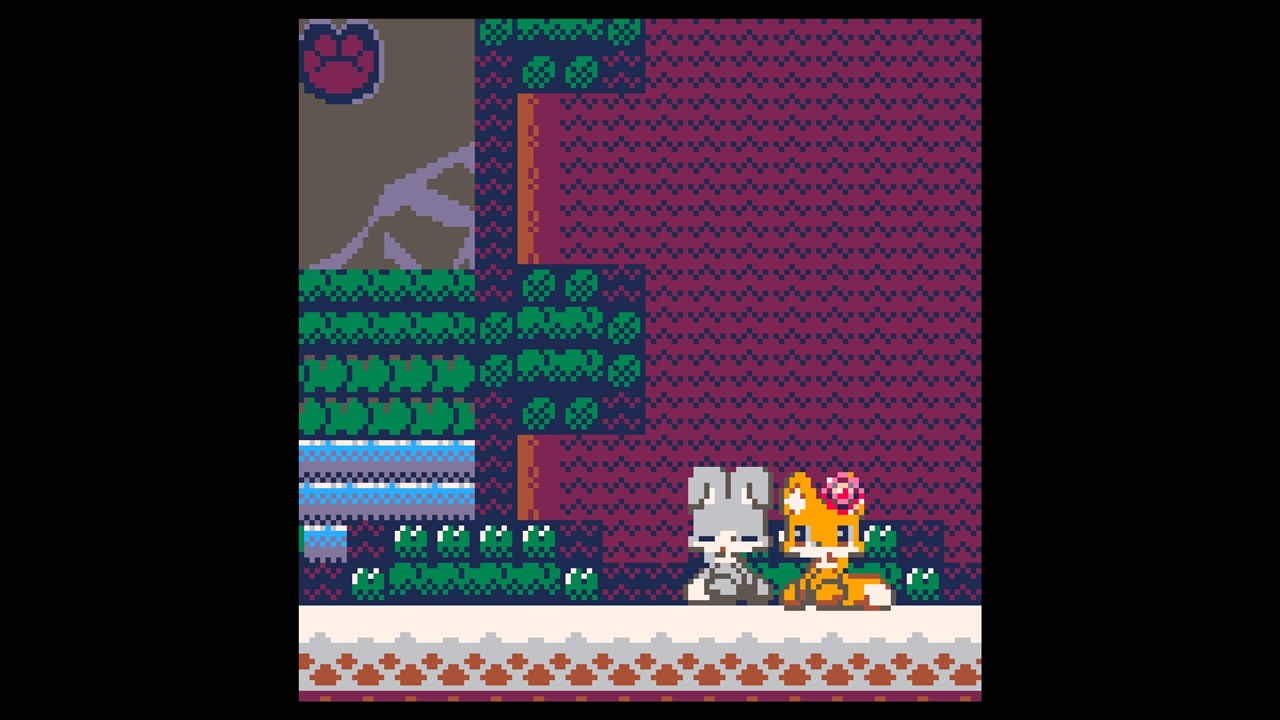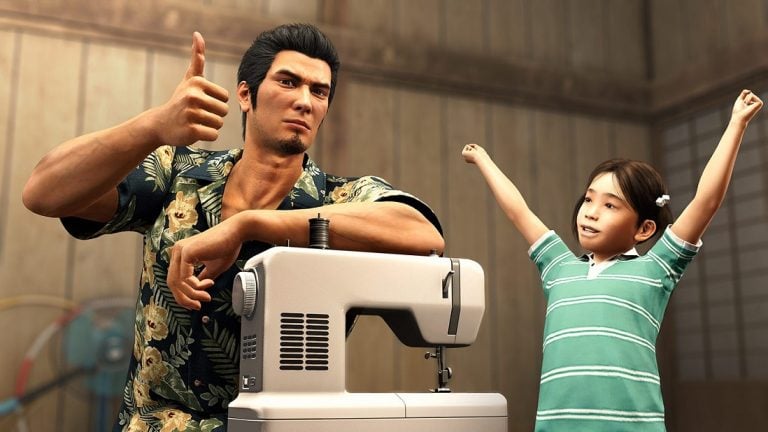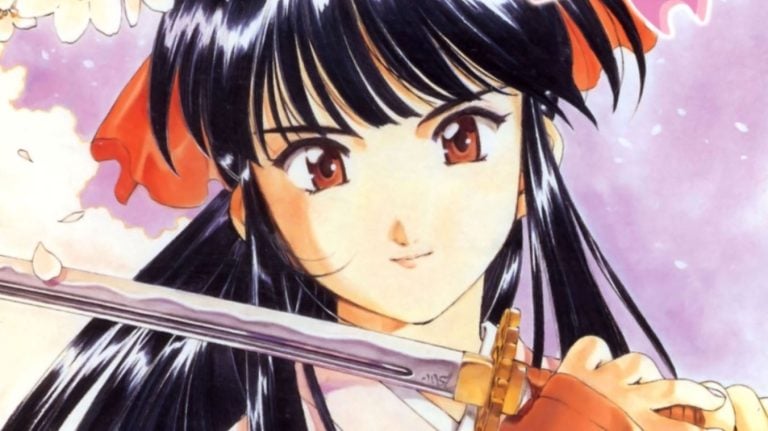Publication date of the original Japanese article: 2021-01-22 16:45 (JST)
Translated by. Braden Noyes
On January 21, 2021, Japanese indie game developer shiftalow made a post on his personal website titled, “Devoted 2 years of my life making a game that sold less than 10 copies its first week on Steam.” The post is slowly gaining attention on various social networks because of its devastating title and contents. The following article was written with the consent of shiftalow.
It Just Wouldn’t Sell
According to the original post, shiftalow’s game, titled KONSAIRI, was released on Steam in September of 2020. The game was available even earlier than this through other platforms such as itch.io and booth, however sales numbers were less than satisfactory. Shiftalow was hoping to see better results on Steam, but he reports that fewer than 10 copies were sold during the first week it was available. Understandably, these results proved rather upsetting, as he spells out in his article.
According to shiftalow, he utilized a number of marketing avenues in an attempt to spread the word about his game. These include making announcements via Twitter, creating a game trailer, participating in online events with other developers, providing game keys to various reviewers, purchasing online ads, and sending press release requests to a number of news outlets. However, none of his efforts seems to have made much of an impact. In his post, he announced he has decided to stop designing games and search for another job. For more detailed information, you can read his original post on his website. (Japanese only)
So what kind of game is KONSAIRI, anyway? Well, it is described as a 2D side-scrolling adventure game. Players control a young fox named Ruth, who must travel around harvesting root vegetables which are then used to cook food for the sick residents of the island on which she lives. As you wander around the island, you will also have the chance to explore a number of dungeons as well. However, players will soon notice that the gameplay is a bit unconventional, and while the idea of collecting roots for cooking is a unique one, the game does not provide a very clear explanation of how the system works. Because of this, it is easy to see how players who tried the demo version might easily get frustrated and give up.
The game utilizes pixel graphics, and was developed using a specialized engine known as PICO-8. It was also created with an aspect ratio of 1:1 instead of the more commonly used 16:9 aspect ratio in modern games. While this does provide a unique look to the game, the design choice sometimes leads to a rather cramped screen, with text getting in the way of seeing what is happening. It’s safe to assume shiftalow is aware of how difficult his game can be, however, as demonstrated by the detailed explanation provided in the game’s description on Steam as well as the in-depth manual available. Nonetheless, the fact remains that many aspects of the game remain a bit difficult to understand.
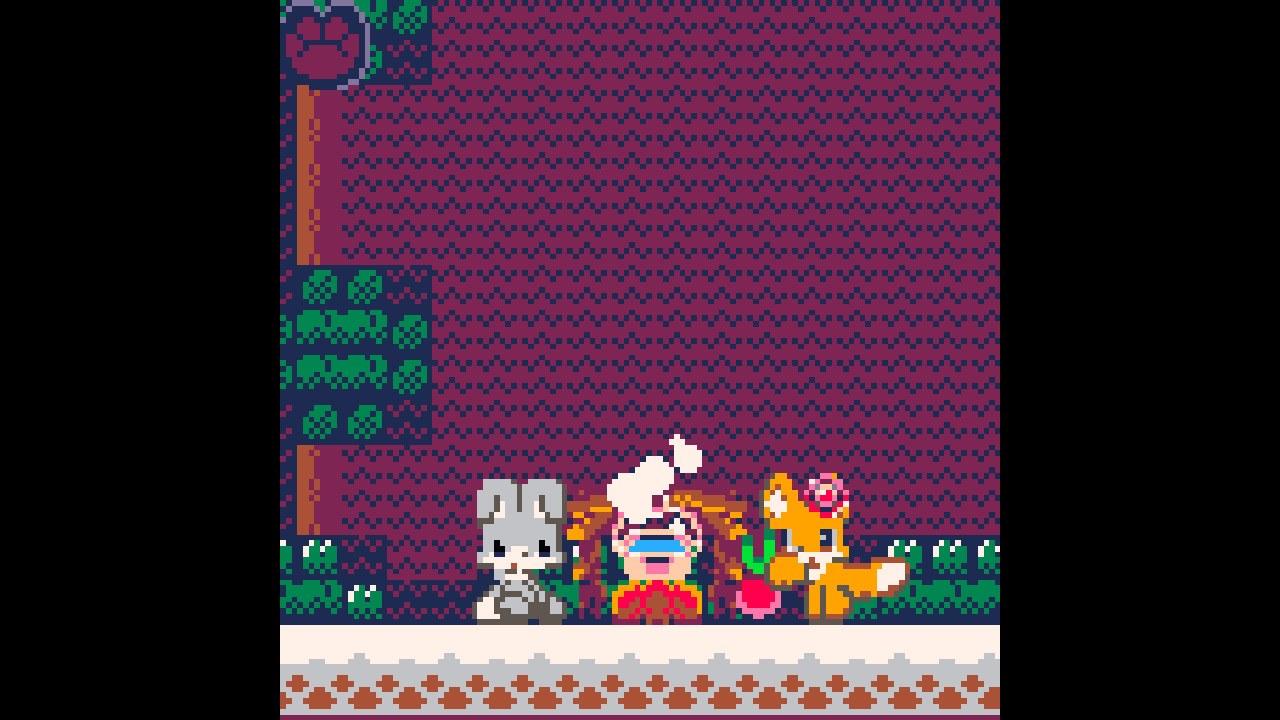
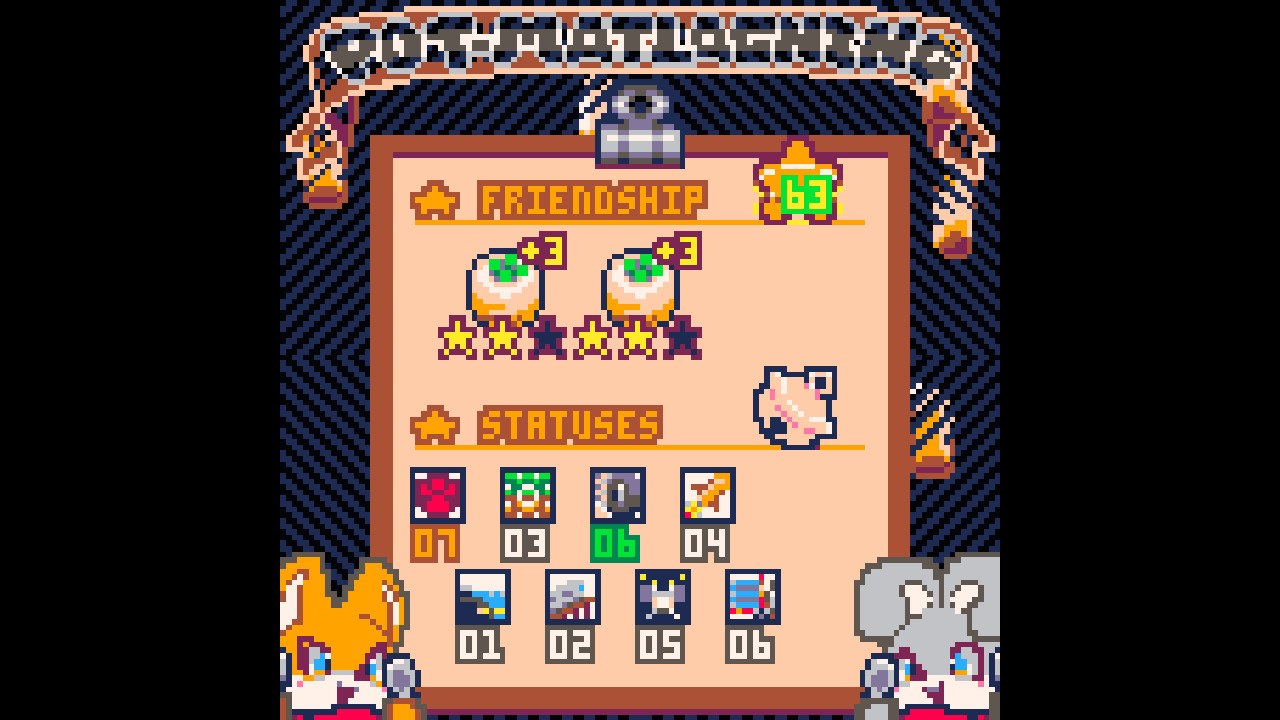
KONSAIRI should not be defined simply based on how difficult it is to understand, however. The game has a number of charming qualities as well. For starters, the pixel graphics give it a rather endearing quality. They also serve to emphasize just how cute the main character, Ruth, is. The entire world is full of dazzling pixel art, and players can almost feel the developer’s love of animals. It’s also evident that a lot of work went into designing the system of harvesting and cooking the root vegetables.
In addition, there are 15 stages to explore in the game, each with their own unique feel, as well as an added dungeon-crawler system implemented on top of that—quite an ambitious project. Every part of this game is jam-packed with shiftalow’s distinct creative flavor. Of course, opinions can vary greatly when it comes to games, and it’s understandable that some players may not think these original ideas mesh together well in the final product. Nevertheless, it is clear that shiftalow put a great deal of effort into creating KONSAIRI, and I personally believe the game’s visuals and overall gameplay system are deserving of praise. In other words, the poor sales numbers are not the result of a poorly designed game.
Why was there no press release on AUTOMATON?
It is often difficult to find a clear reason as to why some games do well, while others do not. Time, effort, money, and even luck all play a part in whether news of a game spreads or not. You can try to narrow this instance down to such factors as the methods of advertising used, or the game’s $10.99 price point, but the truth is that it’s nearly impossible to find an exact reason as to why the game didn’t sell. That said, we may be able to provide some insight into at least one of these many factors—that relating to why news media outlets did not publish articles about KONSAIRI. The reason AUTOMATON did not feature an article about this game is because we did not receive a request for an official press release until November 1, 2020. That is more than a month after the game was released on Steam. As a news outlet, it is often difficult to accept such requests after a game has already gone on sale.
News primarily consists of announcements and information regarding some kind of incident or event which has taken place. Some examples might include a studio announcing the development of a new game, new video footage or trailers being released, announcements of upcoming release dates, the release of a new update, or announcements of upcoming in-game events. It is rather difficult to warrant making a press release more than a month after a game has gone on sale unless the news is also accompanied by some kind of incident—it becomes more difficult to explain to readers the reasoning behind posting such an article. For this reason, AUTOMATON unfortunately had to make the decision not to write an article for KONSAIRI. To be fair, however, this is not the first time a decision has been made to pass on an article for these reasons. Circumstances do not always allow news outlets to publish articles on every fascinating idea that reaches their inbox, and AUTOMATON has had to do so on many occasions in the past.
Of course, every media outlet has their own policies, but it is probably safe to say that most sources of gaming news find it easiest to publish articles relating to the three big stages in a game’s lifespan: the initial development announcement, the release date announcement, and the final release. So what exactly is the point of all this information? Well, the bottom line is that timing is key if you’re planning on forwarding press releases to news outlets. Getting the word out well in advance of a game’s release is key, and this does not apply only to press releases.
To reiterate, every media outlet is going to have their own policies, and just because they receive a press release before a game goes on sale does not guarantee they will publish it. While it is indeed important that a game looks interesting, many other factors can also affect whether or not an article ends up getting published. Even seemingly small factors can make a difference, such as the time and day a request is received, or how busy the editorial staff is at that particular point in time.
It’s important to note that a media source deciding to pass on a press release does not necessarily reflect on the appeal of a game itself. More often than not, the reason a particular article is not published has nothing to do with how good a game is. Getting an article published on a game news website is only one of many avenues to explore when spreading the word about a game. However, if you do hope to have an article published, your chances are much higher if you make sure to send it well before the game is set to go on sale. Hopefully this information, as well as shiftalow’s post detailing his unfortunate experience, will serve to help others better prepare in the future. For anyone looking to request a press release, feel free to contact us here: press[at]automaton.am
Shiftalow’s game, KONSAIRI, is currently available on itch.io and Steam. A demo version is also available, but if you do decide to give the game a try, we highly recommend having the manual handy as you play. You won’t be disappointed by this endearing journey full of lovable animals.

